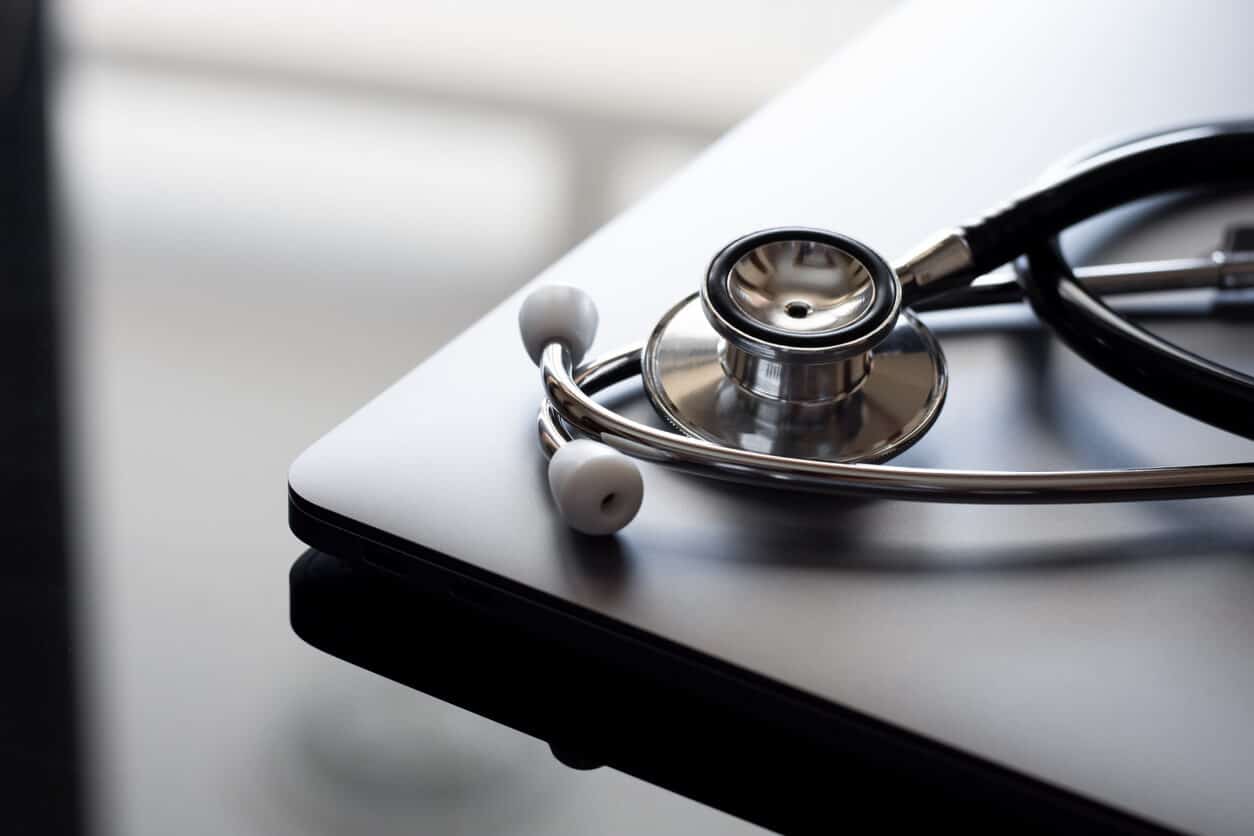What Are End Stage Renal and Kidney Diseases?
Chronic kidney disease (CKD), sometimes called chronic renal disease, “is a condition characterized by a gradual loss of kidney function over time,” explains the National Kidney Foundation. (3)
Renal toxicity means there is an acute kidney injury that can result in CKD. Once you are diagnosed with a kidney injury after being exposed to toxic chemicals, you can face “the rapid loss of renal function and the precursor of acute renal failure.” (4)
“In end-stage renal disease, your kidneys no longer work as they should to meet your body’s needs,” according to the Mayo Clinic. When you have end stage renal disease, your kidneys stop functioning and you may need dialysis or a kidney transplant. (5)
There are various causes of CKD and acute kidney injury. However, exposure to toxic substances is both common and largely preventable.
Toxins in the Water at Camp Lejeune
Several of the toxins found in the water at Camp Lejeune were volatile organic compounds (VOCs) including trichloroethylene (TCE), tetrachloroethylene (PCE), benzene, and vinyl chloride. (6)
TCE and PCE are industrial chlorinated solvents. TCE and PCE were found in significant amounts in the ground water at Camp Lejeune. The U.S. Navy itself set parameters for allowable contamination in potable drinking water, limiting organic compounds to 200 parts per billion (ppb) and other types of chemicals called chlorinated hydrocarbons to 100 ppb. (7)
At their most concentrated, TCE was measured in one water supply well to be as high as 18,900 ppb, and PCE at 1,580 ppb in another.
TCE and PCE were often used as solvents, degreasers, and spotting agents. They mainly entered the groundwater through runoff from military equipment, munition storage, fuel and waste disposal, and, notoriously, from a local dry cleaners.
If you or a loved one have developed renal toxicity and have been exposed to contaminated water at Camp Lejeune, contact us today to understand your legal rights.
Get a Free Case ReviewDid the Contaminated Water at Camp Lejeune Cause Renal Toxicity or Kidney Cancer?
A growing body of evidence supports the link between TCE and PCE, and renal toxicity. These kidney issues include end stage renal disease and cancer. (8)
These studies found, “in both humans and animals, chronic exposures to high doses of either TCE or PCE cause kidney pathology.” And there was “suggestive evidence of an association with exposure to TCE, PCE, or solvent mixtures” and kidney cancer. (9)
Analysis by the Agency for Toxic Substances and Disease Registry (ATSDR) of several epidemiological studies has confirmed that there is sufficient evidence TCE causes kidney cancer and disease. (10)
Kidneys Affected by Level of Chemical Exposure
ATSDR also identified the concentration of contaminants — and the length of time of exposure — to be key components in determining if someone will become sick. ATSDR determined that those with higher doses of exposure over prolonged periods of time were more likely to develop serious kidney disease. (11)
Those in contaminated areas in Camp Lejeune experienced high levels of direct and concentrated exposure because TCE was present in the water they used to bathe, drink, and cook. (12)
Camp Lejeune Renal Toxicity Lawsuits
Have you been diagnosed with renal toxicity, including CKD and kidney cancer? If so, a lawsuit can help you obtain compensation for medical expenses, as well as for your pain and suffering.
A law — called the Camp Lejeune Justice Act — helps people who were present at Camp Lejeune, while they lived or worked there, or were serving in the military. This law makes it possible for those exposed to contaminated water at Camp Lejeune to file lawsuits against the federal government.
Anyone who has experienced end stage renal disease or other serious kidney injuries from the water at Camp Lejeune can file a lawsuit for compensation. People with other recognized health side effects may also be eligible.
As of January 2023, all of these lawsuits are still ongoing and have not been resolved. No settlements or trial verdicts have been reached or compensation awarded.
If you have developed a serious kidney disease as a result of exposure to contaminated water at Camp Lejeune, contact us today for a free case review.
Get a Free Case ReviewLegal Options for Victims of Camp Lejeune Water Contamination
We are currently filing legal claims over exposure to toxic water at Camp Lejeune. You should consider a lawsuit if you spent time on the base and are having medical problems with your kidneys, among other health conditions.
Anyone, including veterans and their families, who is sick with kidney-related illnesses and was at Camp LeJeune Marine base between August of 1953 and December of 1987 is eligible. If you were not in the military, but worked or lived on the Marine base, you may also be eligible.
A successful lawsuit often depends on having attorneys who are experienced in environmental pollution cases. You want attorneys on your side who understand how exposure to toxic chemicals can affect your health.
Working with an experienced environmental pollution personal injury attorney — and a law firm with the resources to sue the federal government — helps you have the best chance of success.
How W&L Can Help
Weitz & Luxenberg is a nationally recognized personal injury law firm with a wealth of experience in complex environmental lawsuits. We have taken on government agencies and multimillion-dollar corporations in large scale litigations.
We have a proud history of winning settlements and verdicts. Here are some examples of our success:
- W&L negotiated a $65 million settlement on behalf of residents of Hoosick Falls, New York for PFOA (perfluorooctanoic acid) contamination of their water supply.
- Our efforts on behalf Petersburgh, New York, residents secured a $23.5 million settlement in another PFOA water contamination case.
- W&L also achieved a $423 million settlement for over 150 public water systems contaminated by MTBE (methyl tertiary butyl ether).
